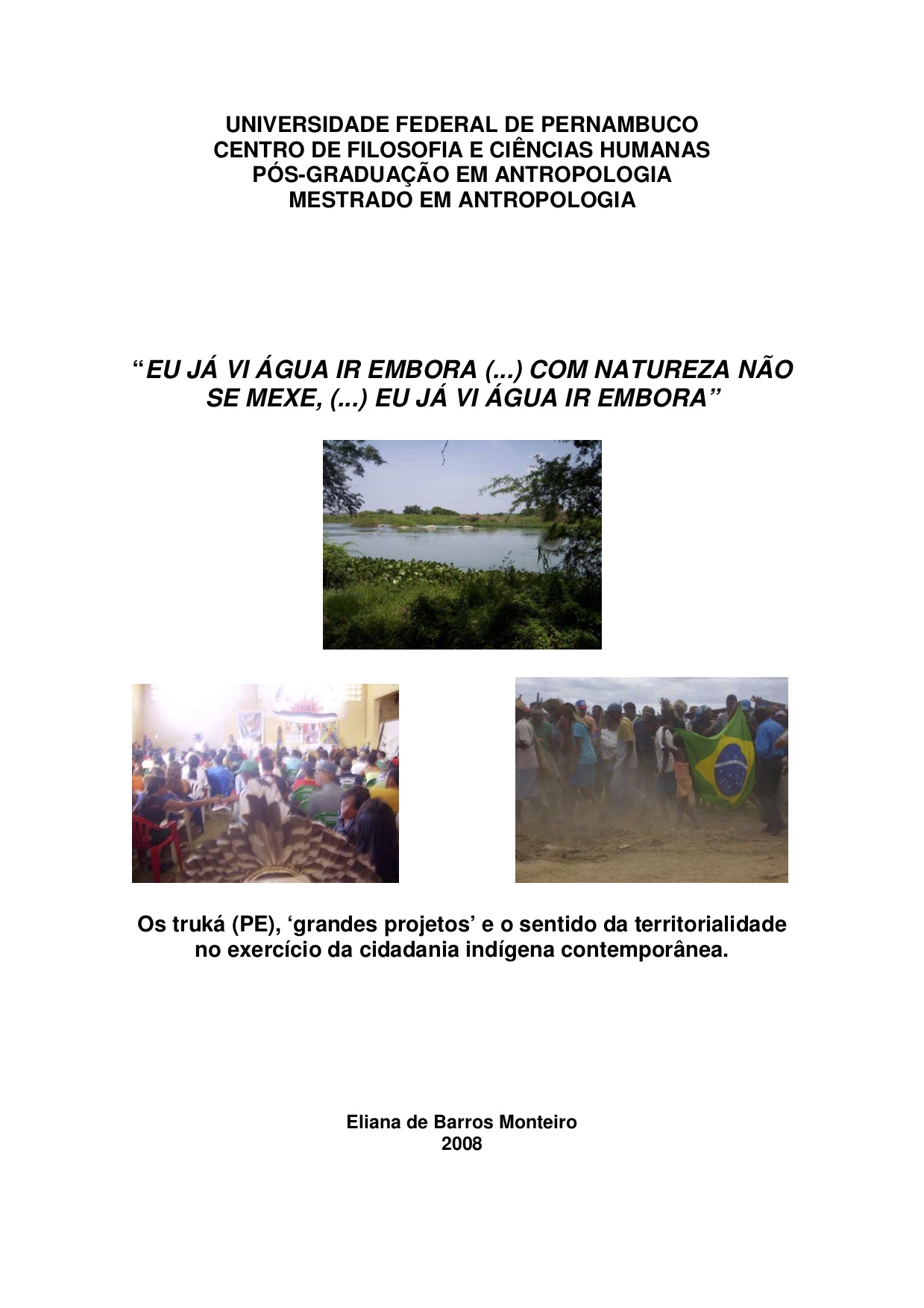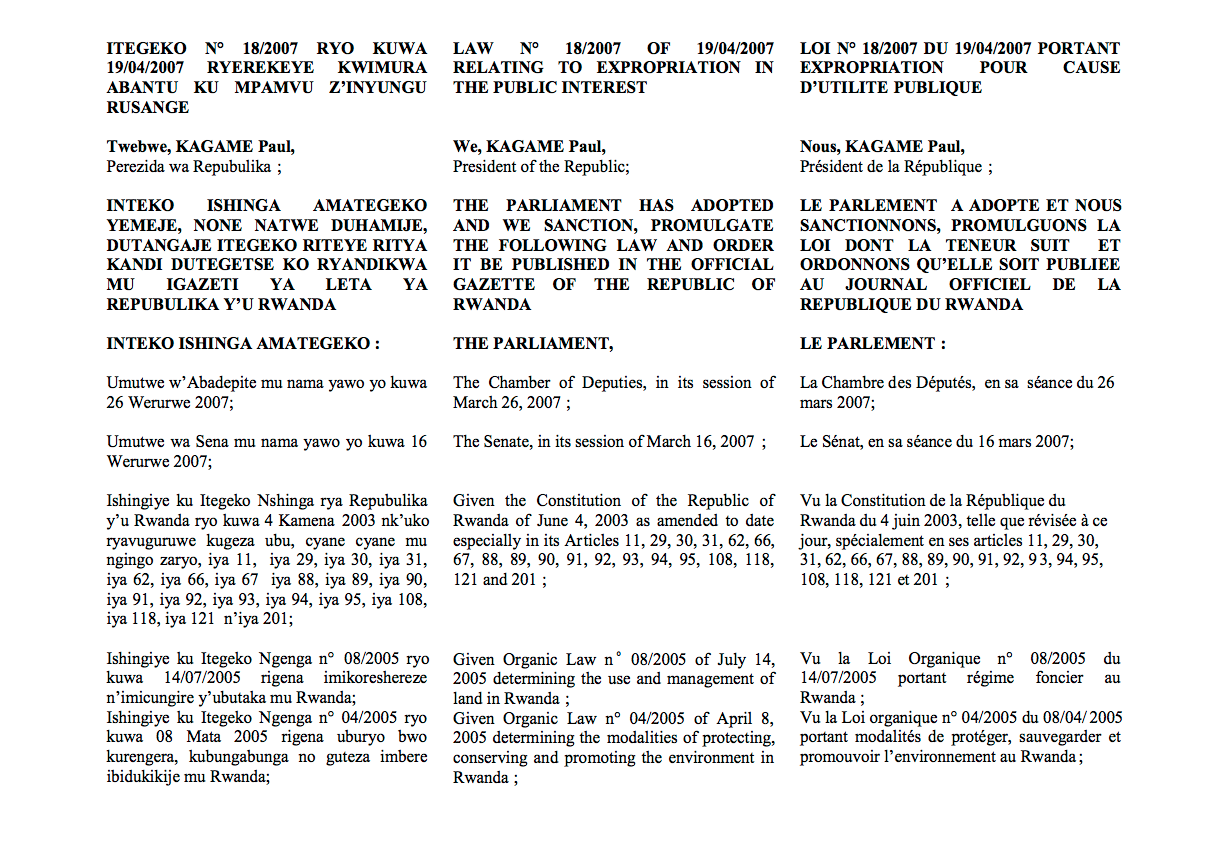Rights razed: forced evictions in Cambodia
This report published in 2008, shows how, contrary to Cambodia’s obligations under international human rights law, those affected by evictions have had no opportunity for genuine participation and consultation beforehand. Information on planned evictions and on resettlement packages has been incomplete and inaccurate, undermining the rights of those affected to information, and to participate in decisions which affect the exercise of their human rights, in particular the right to adequate housing.








